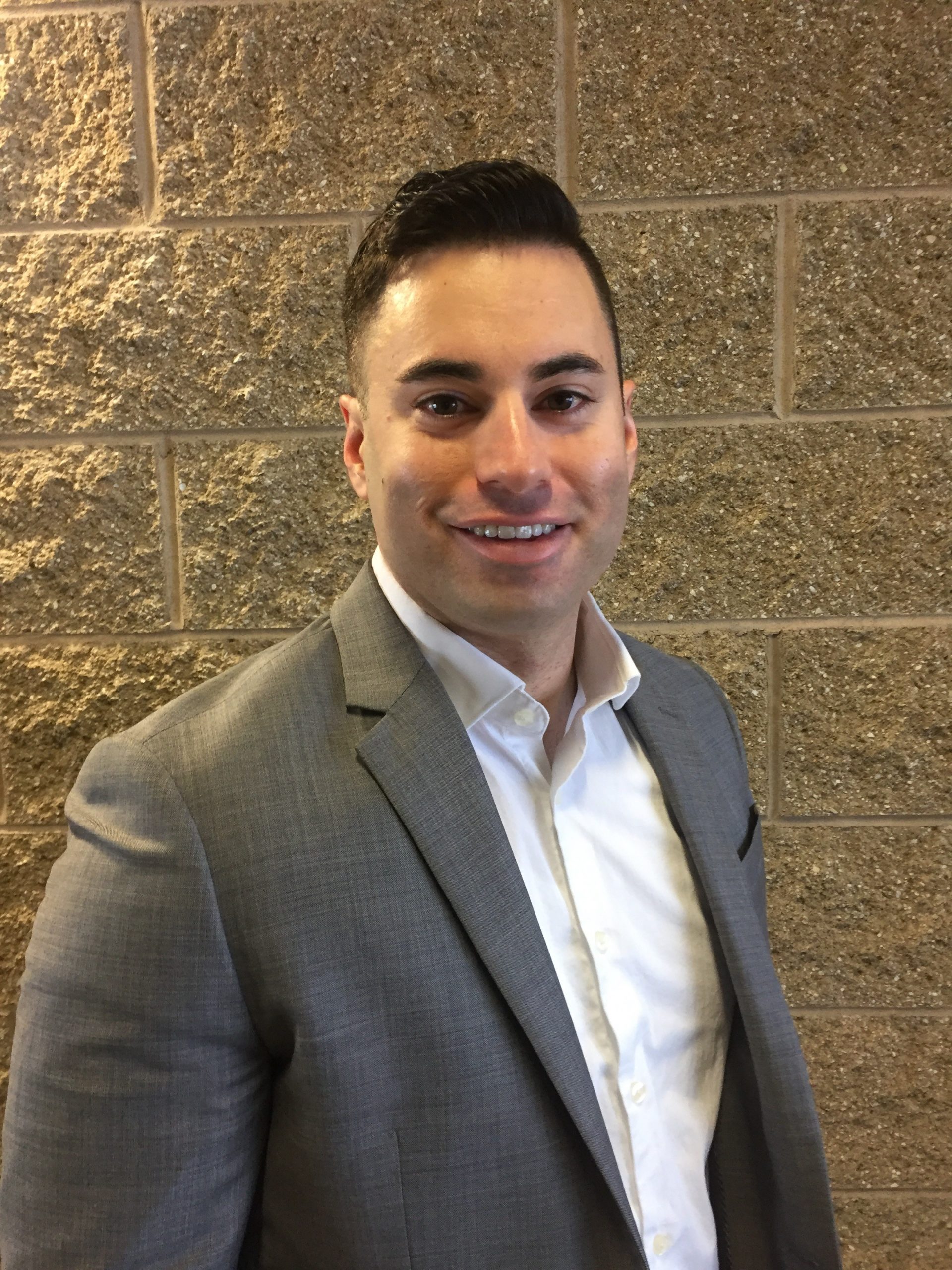For addiction treatment centers, digital marketing is a crucial tool as it allows them to reach those who are struggling with substance use disorders (SUDs) as well as their family members. The right strategies help them connect with those who need their services the most—exactly when they need them.
Having a strong online presence is important in this digital age, especially since most people are turning to the internet for guidance when looking for addiction resources.
Digital marketing strategies not only help centers connect with their target audience effectively, but also allow them to communicate their unique offerings and build trust. Even those who are just looking for information online about the process of recovery can learn a lot from the content you post as part of your marketing efforts.
By leveraging digital tools, treatment centers can amplify their reach, compete in a crowded marketplace, and ultimately save more lives by guiding people toward recovery. Here we will discuss the strategies that are usually incorporated into a complete marketing plan for rehab facilities.
Understand Your Target Audience
The goal of addiction treatment marketing is to reach the right people with the right message. This must be done in a way that inspires hope and provides information while avoiding stigmatization. As complicated as this may be, you also have to remember the fact that this field is also extremely competitive.
A well-designed marketing plan is essential so that you can transform more lives while making sure you don’t get left behind by your competition.
Understanding your target audience is a critical first step in marketing for addiction treatment centers. This involves identifying the specific group of people who are most likely to benefit from your services and tailoring your messaging to their needs and concerns.
Your target audience may include those who are dealing with drug addiction, their family members, their friends, and even fellow healthcare providers.
The target audience can also include those who may not yet have sought help but are open to learning about treatment options. By understanding who these individuals are—whether they are young adults, middle-aged professionals, or seniors—you can create more relevant, empathetic, and effective marketing materials.
Knowing your target audience allows you to develop marketing strategies that resonate with them on a personal level. For example, people who are struggling with addiction often experience shame, guilt, and fear, which can make them hesitant to seek help. By understanding their emotional and psychological state, you can craft messages that are compassionate, nonjudgmental, and empowering.
Develop a Unique Value Proposition (UVP)
Your UVP is a clear, compelling statement that distinguishes your addiction treatment center from competitors. It should answer the question: why should someone choose your center over others?
A UVP highlights the rehab center’s specific strengths, whether it’s a specialized program, personalized care, a high success rate, or a unique approach to therapy. The unique value proposition is essential because it communicates why potential clients should choose a particular treatment center over others.
This builds trust by emphasizing the center’s ability to deliver effective solutions. With a proper UVP, your center may enjoy higher engagement and conversion rates. A strong UVP fosters a deeper emotional connection with potential clients, giving them confidence that the center can help them achieve lasting recovery.
Once you have your UVP, make sure it is consistently reflected across all marketing materials, including your website, brochures, and social media profiles.
Build a Professional Website
Building a credible online presence begins with creating a professional website. A well-designed website serves as the foundation for your digital marketing efforts, offering potential clients, families, and referral sources a centralized location to learn about your services.
Just any old website wouldn’t be enough: it should be user-friendly, easy to navigate, and include everything potential clients need to know. It should feature important information such as treatment options, staff qualifications, patient testimonials, and contact details.
Beyond basic functionality, a website should convey trust and professionalism, reinforcing that your center provides safe, effective, and compassionate care. Keep in mind that if your website is not present, informative, or easy to use, potential clients may turn to competitors.
Leverage Search Engine Optimization (SEO)
Search engine optimization or SEO is the process of improving a website’s visibility and ranking on search engine results pages (SERPs) to attract organic traffic.
For addiction treatment centers, leveraging SEO can ensure that potential clients can easily find their services online. Since many people are looking for help using these same search engines, SEO should be one of your core digital marketing strategies.
SEO involves optimizing on-page elements (like content and keywords), off-page factors (like backlinks), and technical aspects of the website to align with search engine algorithms. Done correctly, it can improve your rankings so that more people can see your website and click on it. With more traffic come more engagement and more conversions.
SEO also helps treatment facilities build trust and authority within the digital space. Because credibility matters, higher search rankings can increase the likelihood of attracting qualified leads—particularly those who are actively seeking help.
The process of using SEO involves identifying the right keywords that potential clients might use when searching for addiction treatment, such as “alcohol rehab”, “drug treatment center”, or “help for addiction”.
Your content should be both informative and compassionate so that it can resonate with more people while establishing your authority in the field.
Technical SEO, like ensuring mobile responsiveness and fast load times, also enhances the user experience, making it easier for visitors to navigate the site. Marketers should note that SEO is a long-term strategy, and you cannot expect it to produce results overnight. Remember that your competitors are most likely utilizing the same keywords, so consistency is very important.
Use Pay-Per-Click (PPC) Advertising
Since SEO is a more organic approach, you need to complement it with paid advertising. Pay-per-click advertising is an online marketing model where advertisers pay a fee each time their ad is clicked.
For addiction treatment centers, PPC allows them to reach their target audience by placing their ads in front of the right people.
PPC platforms like Google Ads and Bing Ads enable addiction centers to bid on keywords related to addiction treatment, like “drug rehab”, “alcohol treatment”, or “detox centers”. This ensures that their ads appear when users search for these terms.
The pay-per-click structure means addiction treatment centers only pay when the ads get actual engagement, making it a cost-efficient option for driving leads.
PPC advertising is beneficial because it offers a measurable return on investment (ROI) along with the ability to track the effectiveness of campaigns. Since the addiction treatment industry is competitive, having a strong PPC strategy ensures that your center stands out in a crowded market.
Just like with SEO, proper keyword research is important for identifying terms that potential clients are searching for.
Engage on Social Media
Engaging on social media helps you reach your target audience while also building your community online. Social media platforms like Facebook, Instagram, X (Twitter), LinkedIn, and even TikTok are very popular, meaning rehab centers must capitalize on them.
These social platforms are perfect for sharing valuable information, offering support, and raising awareness about the dangers of addiction. Content that you post here can drive engagement—they can even be shared to a much larger audience.
Educational posts, success stories, and expert advice are all effective ways to reach a broader audience. With regular content, you can establish your treatment facility as a trusted resource for those seeking recovery options.
The importance of social media engagement lies in its ability to connect with people where they already are—online. Many individuals who struggle with addiction may feel isolated or ashamed, but social media provides an opportunity to access support and information discreetly, from the comfort of their own homes.
Through consistent, empathetic, and informative engagement, treatment centers can help reduce stigma, build trust, and encourage people to take that next step towards long-term sobriety.
Build Referral Networks
Building referral networks is a crucial marketing strategy as it helps establish strong connections with healthcare professionals, community organizations, and other stakeholders who can refer people in need of treatment.
These networks can include doctors, therapists, social workers, hospitals, outpatient clinics, and even local support groups.
Word-of-mouth and professional recommendations are often trusted more than traditional advertising, and referrals ensure that individuals receive the best treatment suited to their needs. By developing a robust referral network, rehab centers can ensure a steady stream of potential clients while fostering trust and collaboration within the healthcare community.
To build a successful referral network, treatment centers should engage in outreach efforts. You can attend community events, organize educational seminars, and build personal relationships with key referral sources.
To grow these relationships, you need consistent communication, follow-ups, and the dedication to continuously provide a high quality of care.
Measure and Improve Performance
To make sure your efforts are working and that you are reaching those in need of your addiction treatment services, you need to measure the performance of your digital marketing campaigns. This process involves evaluating key performance indicators (KPIs) such as patient inquiries, conversion rates, website traffic, and social media engagement.
It also means assessing how well marketing campaigns align with the center’s mission, target audience, and overall goals. Monitoring these metrics helps identify which strategies are most successful and which areas need improvement.
For instance, tracking patient acquisition from online ads or assessing the performance of content marketing can reveal gaps in communication or areas for optimization.
Once you know which areas to improve upon, you can use these insights to make data-driven decisions and refine your marketing efforts. You can test different messaging approaches or create different types of content.
Utilizing tools like Google Analytics, CRM systems, and A/B testing can help assess and fine-tune campaigns, ensuring that your center’s marketing not only reaches the right people but also leads them to seek the help they need.
The Importance of Ethical Marketing
Marketing for addiction treatment centers must be conducted with great care. This is why a proper marketing plan is necessary. There are marketing agencies that can help rehab facilities fine tune their campaigns, making sure they adhere to both legal advertising rules and ethical standards.
Whether you work with professional digital marketers or not, you need to create truthful, non-deceptive campaigns that prioritize the well-being of your new and existing clients.
Advertising in this field should never make exaggerated claims, mislead the public, or create unrealistic expectations about the effectiveness of treatment. It is important because addiction is a sensitive and serious issue, and marketing practices must respect the dignity of those struggling with it. Even when you are marketing your services, you must protect vulnerable populations from potentially harmful or exploitative tactics.
To comply with advertising rules, centers must follow industry regulations such as the Health Insurance Portability and Accountability Act (HIPAA) for privacy and ensure all statements about treatment outcomes or success rates are substantiated.
Ethical marketing strategies include focusing on compassionate messaging, offering clear and accurate information, and providing resources for people so that they can make informed decisions on their own.
Work with MasterMindSEO
Marketing an addiction treatment center requires a delicate balance of empathy, strategy, and professionalism. By following the steps mentioned above, you can create a marketing plan that not only drives growth but also changes lives. Remember, every effort you make to connect with those in need brings hope to individuals and families on the path to recovery.
By working with a specialized addiction treatment center marketing agency, you can ensure that your center reaches the individuals who need your services the most. It is important to work with a company you trust.
MasterMindSEO has experience in performing digital marketing campaigns for e-commerce, national, regional and local businesses. Email or call and we will be happy to see how we can help your center get more leads and help more patients!
Ready to take your addiction treatment SEO to the next level? Want to rank your detox center on Google Maps? Let MasterMindSEO help you.
[button color=”undefined” hover_text_color_override=”undefined” url=”https://bookme.name/MasterMindDBS” text=”Get More Admits!” color_override=””]

